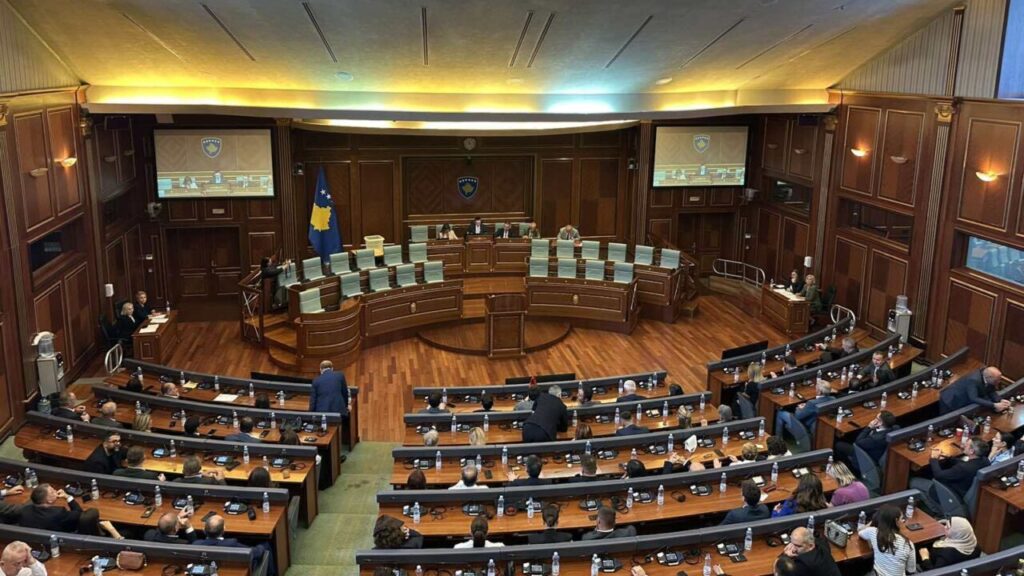
On August 26, Kosovo’s parliament finally managed to elect a Speaker, Dimal Basha of Vetevendosje, some seven months after general elections took place. Citizens of Kosovo and political observers alike breathed a sigh of relief, hoping this could be the beginning of the end of a frustrating political crisis.
The celebrations may have been premature. With the Speaker elected, the process of constituting Kosovo’s Parliament hit another, apparently insurmountable, hurdle, over the election of a deputy speaker drawn from the Kosovo Serb community. Another intervention by the Constitutional Court is likely to be needed. Meanwhile, negotiations on forming a government have yet to start.
Albania was always an unlikely place to host an exiled Iranian opposition group, branded by some in the past as terrorists. Now, the situation is getting more and more entangled.
Under the deal which allowed the Mujahedin-e-Khalq, MEK, to relocate from exile in Iraq to Albania, the group was supposed to renounce its political activities. Albania’s authorities are now investigating allegations that the group has been involved in cybercrime and inciting war. We take a look at Albania’s relations with this unorthodox group.
Charm offensive
After months of anti-government protests demanding elections, justice and accountability for the deadly collapse of the canopy of Novi Sad railway station, Serbia’s ruling SNS party is fighting back. As part of a political charm offensive, President Aleksandar Vucic, the party’s de facto leader, has rolled out a raft of populist measures aimed at shoring up faltering support.
The measures primarily focus on reducing the prices of a range of consumer goods, in an attempt to deal with popular frustration over inflation and high prices. Can it work? Balkan Insight talks to experts, to get their take.
Cocaine hub
At first guess, few would probably assume that the Western Balkans and Western Africa have anything in common other than a geographic orientation. This would be a mistake, it seems.
One thing that connects the two regions is cocaine smuggling. The west of Africa has become an increasingly popular hub for Western Balkan crime gangs moving cocaine from South America to Europe.
Safety failures
Road safety, roadworthiness and emissions from cars is a significant problem across the Balkan region, home to one of the older vehicle fleets in Europe. Even so, North Macedonia stands out for the age of its passenger vehicles and busses.
In a report this week, we take a look at how vehicle testing centres in North Macedonia are cutting corners during annual inspections, endangering the lives of both drivers and others using the roads. At present, testing centres seem incentivised to turn a blind eye to vehicle failings for fear of losing the customers from whom they make a living.
New approach needed
Every summer vast areas of Europe – mostly in the south – are hit by wildfires. Inevitably, conversations on how to deal with them more effectively usually end with the summer dry season.
In 2025, more land in Europe was burned by forest fires than ever before – and it no longer seems to be a problem only for southern Europe. Firefighting experts say a new approach is needed.
